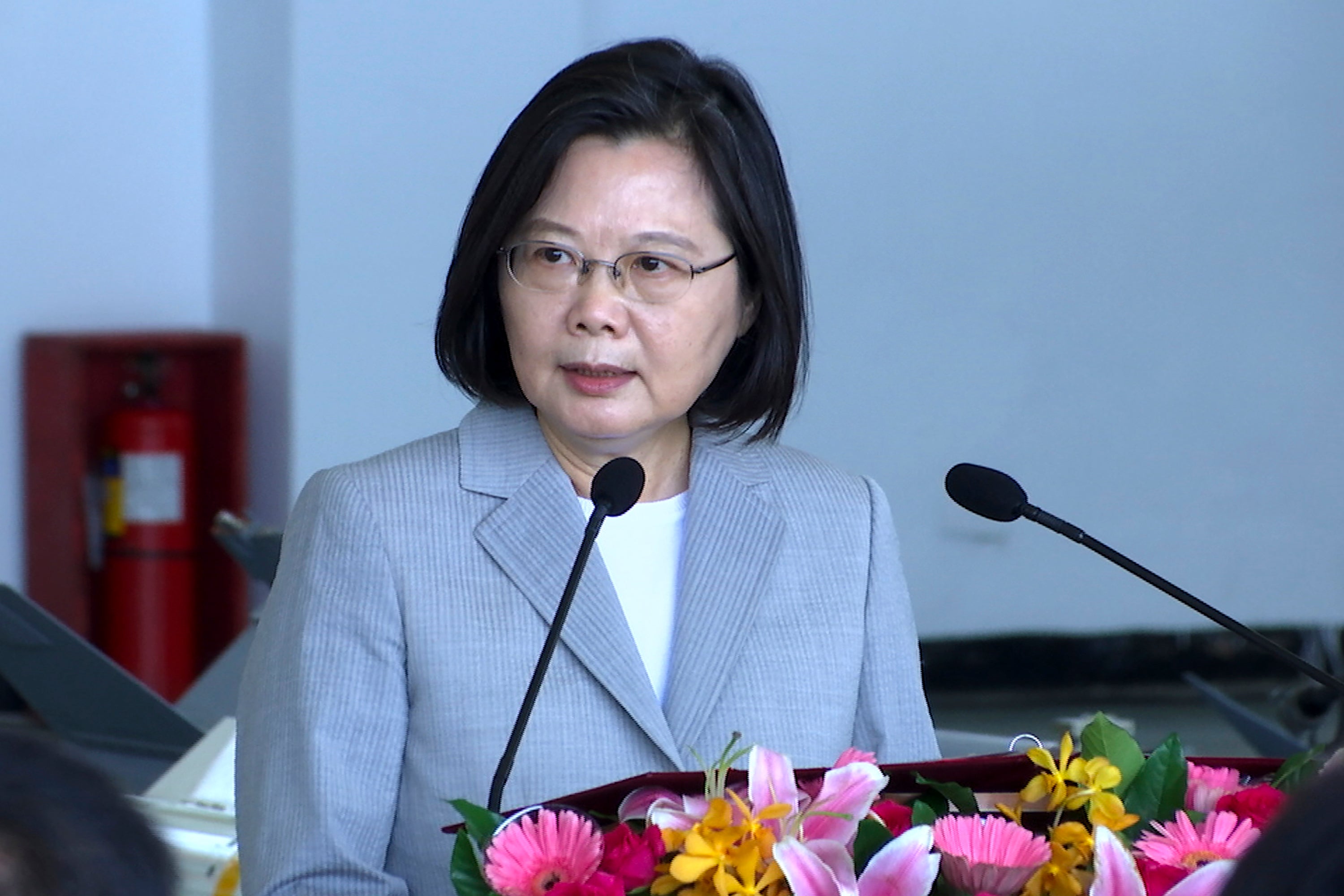Taiwan: China's military flew planes toward island on 3 days
Taiwan said China sent two military surveillance planes toward the island for the past three days and it tracked them and dispatched patrols in response

Your support helps us to tell the story
From reproductive rights to climate change to Big Tech, The Independent is on the ground when the story is developing. Whether it's investigating the financials of Elon Musk's pro-Trump PAC or producing our latest documentary, 'The A Word', which shines a light on the American women fighting for reproductive rights, we know how important it is to parse out the facts from the messaging.
At such a critical moment in US history, we need reporters on the ground. Your donation allows us to keep sending journalists to speak to both sides of the story.
The Independent is trusted by Americans across the entire political spectrum. And unlike many other quality news outlets, we choose not to lock Americans out of our reporting and analysis with paywalls. We believe quality journalism should be available to everyone, paid for by those who can afford it.
Your support makes all the difference.Taiwan said Thursday that China sent two military surveillance planes toward the island for three straight days and it dispatched patrols in response.
Tensions have risen in the Taiwan Strait as the U.S. has stepped up its official engagement with the self-ruled island that China considers part of its national territory.
Separately on Monday, Tuesday and Wednesday, the Chinese People's Liberation Army sent two planes, according to statements from Taiwan's Ministry of National Defense. In response, the Taiwanese side tracked the planes and dispatched air patrols, the ministry said.
Last week, China sent a total of 37 warplanes, including bombers and fighter jets, across the Taiwan Strait in a warning as a high-level U.S. State Department official visited the island.
Taiwan's President Tsai Ing-wen has remained defiant, visiting a military base Tuesday and encouraging the soldiers, in particular pilots and crew.
Taiwan's foreign minister Joseph Wu said in July that Chinese military exercises have stepped up in frequency, and have become “virtually a daily occurrence."
China has increased its diplomatic and military pressure on Tsai’s government over her refusal to agree to China’s insistence that the island be considered a part of Chinese territory. The vast majority of Taiwanese reject the prospect of political union with China under the “one country, two systems” framework used for Hong Kong.
Following Tsai's election in 2016, China cut off contact with the Taiwanese government and has sought to isolate her government, siphoning off the island's diplomatic allies while ratcheting up political, military and economic pressure.